7 GPTs for Clause Interpretation Powered by AI for Free of 2025
AI GPTs for Clause Interpretation are advanced tools based on Generative Pre-trained Transformers technology, designed to understand, analyze, and interpret contractual clauses and legal documents. These tools leverage the power of AI to provide precise interpretations of complex legal language, making them invaluable for legal professionals, businesses, and anyone needing to navigate the intricacies of contracts. By analyzing text, these AI models can identify key elements, obligations, rights, and potential risks within a clause, offering tailored advice and insights specific to the needs of the users.
Top 7 GPTs for Clause Interpretation are: GPTContrato,Jurist 🤖🕵️,Ekspert do spraw Umowy Koalicyjnej,UK Construction Contract Analyst,Rogue FAR/DFAR GPT,Legal Clarifier,Contract Translator
GPTContrato
Empowering Contract Insights with AI
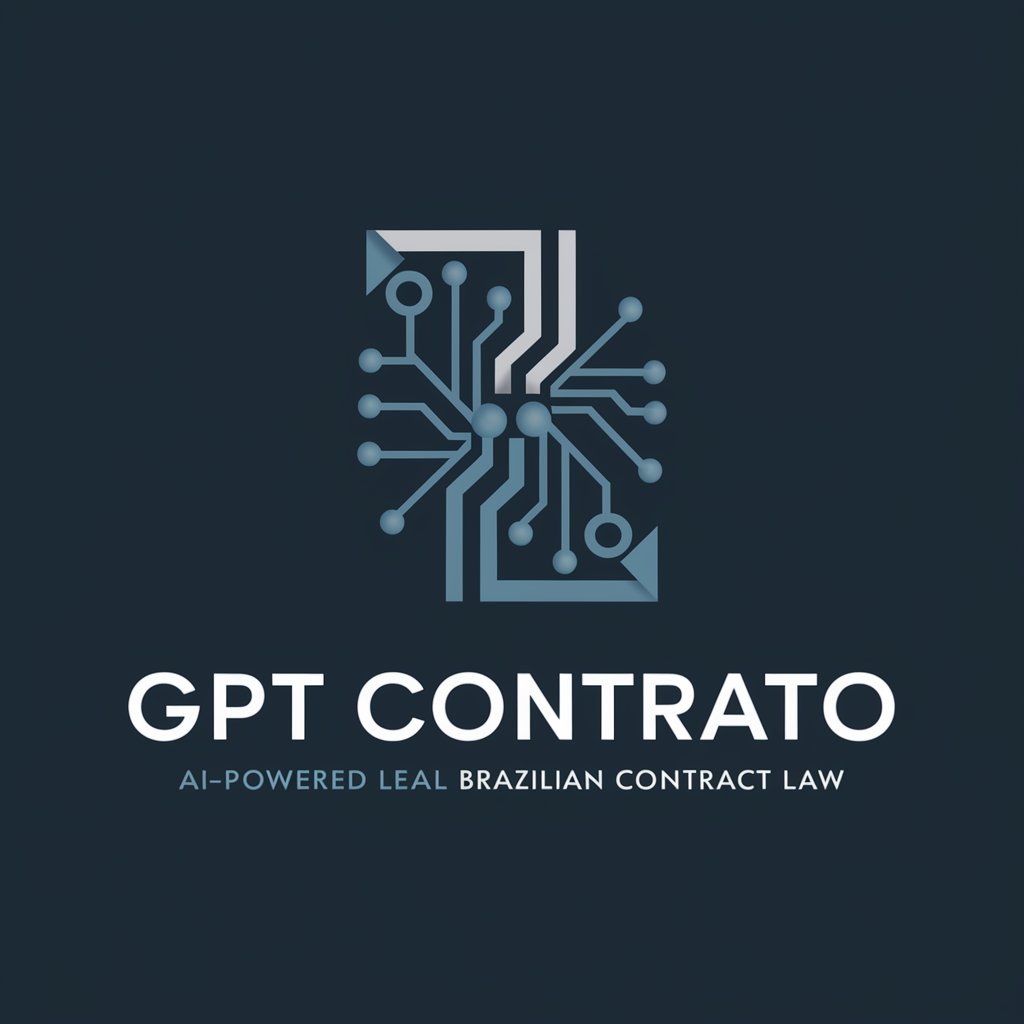
Jurist 🤖🕵️
Deciphering Legalese with AI
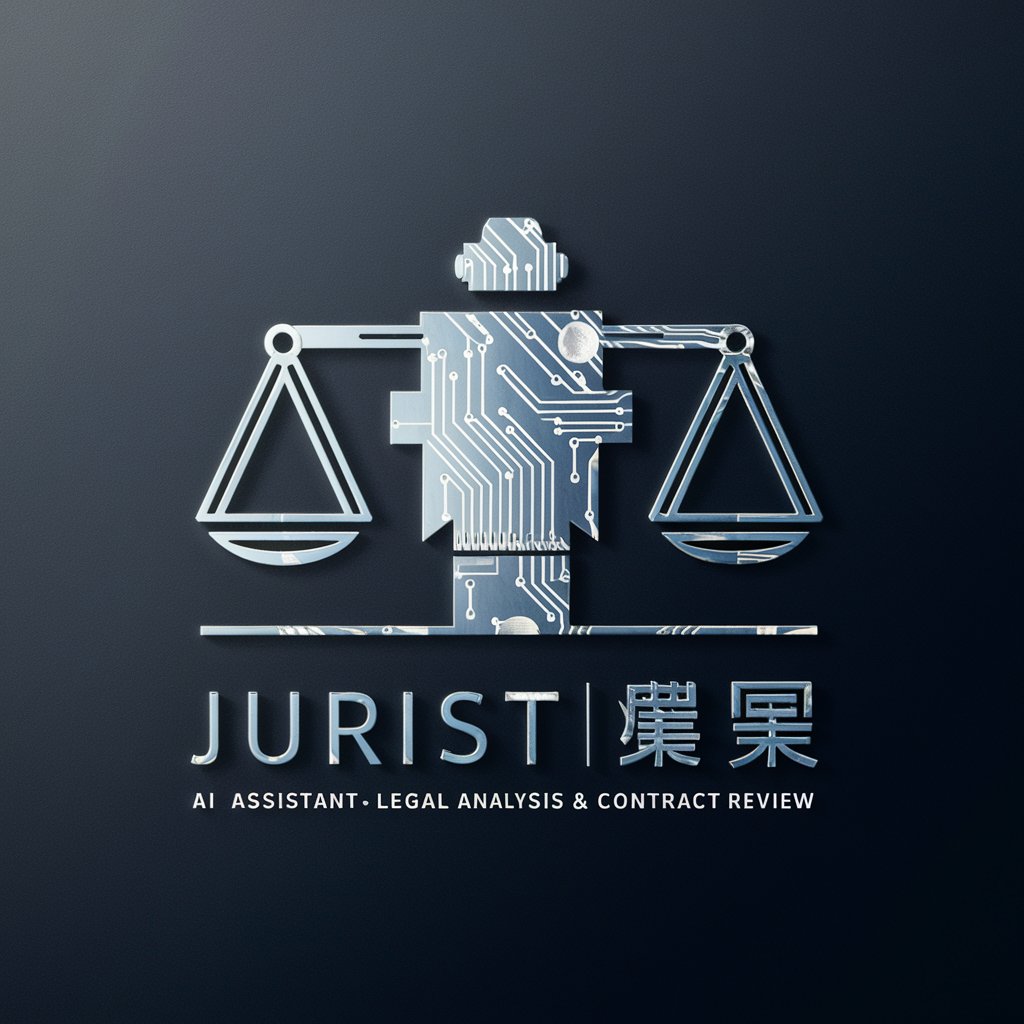
Ekspert do spraw Umowy Koalicyjnej
AI-Powered Coalition Agreement Insights

UK Construction Contract Analyst
AI-powered UK Construction Contract Insight
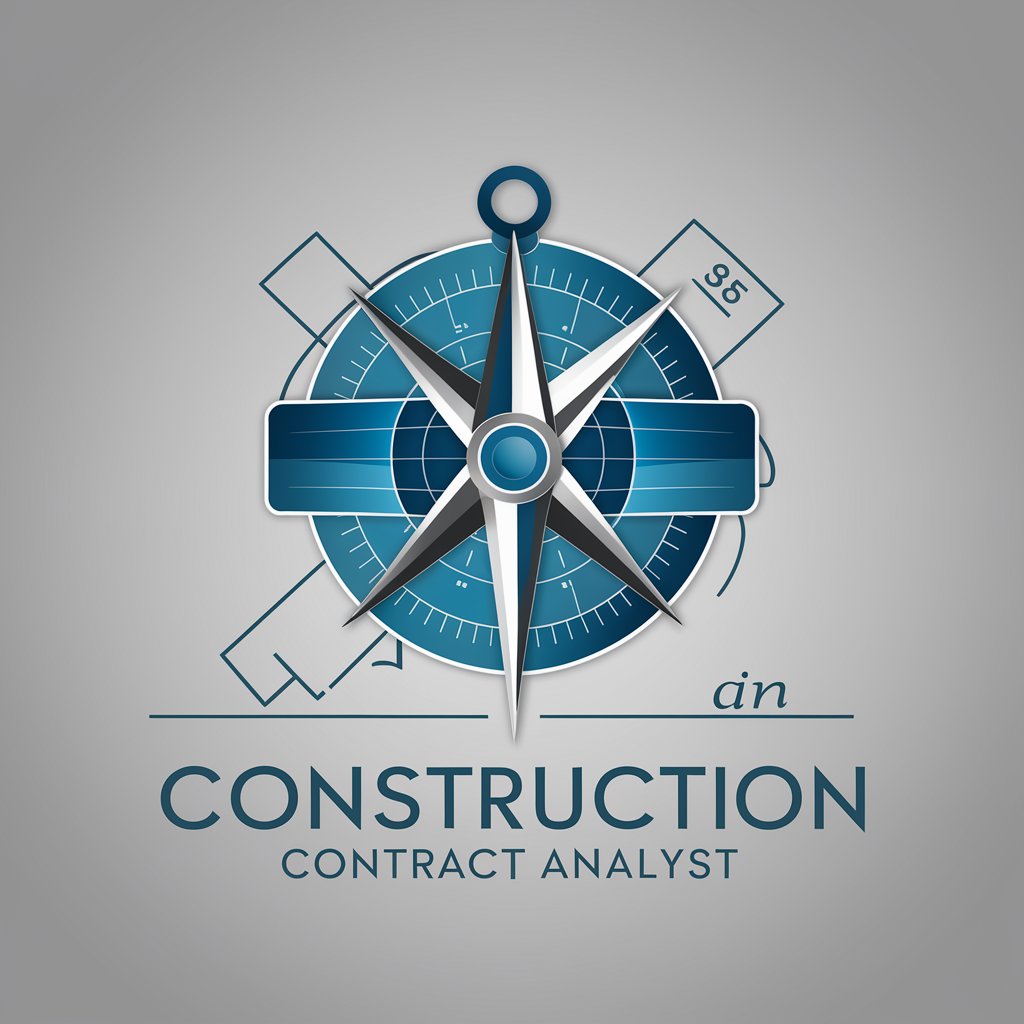
Rogue FAR/DFAR GPT
Expert FAR/DFARS AI Assistance
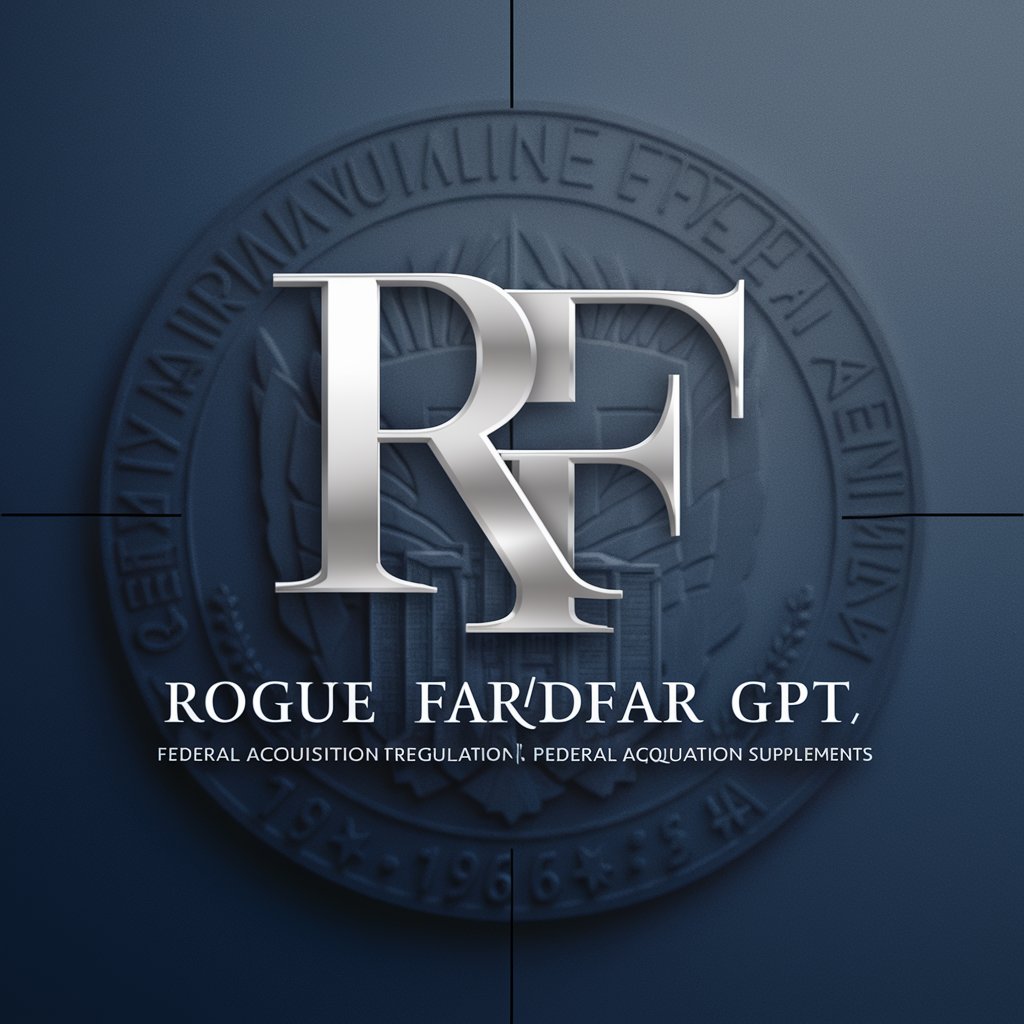
Legal Clarifier
Simplifying Legal Jargon with AI

Contract Translator
Demystifying Contracts with AI
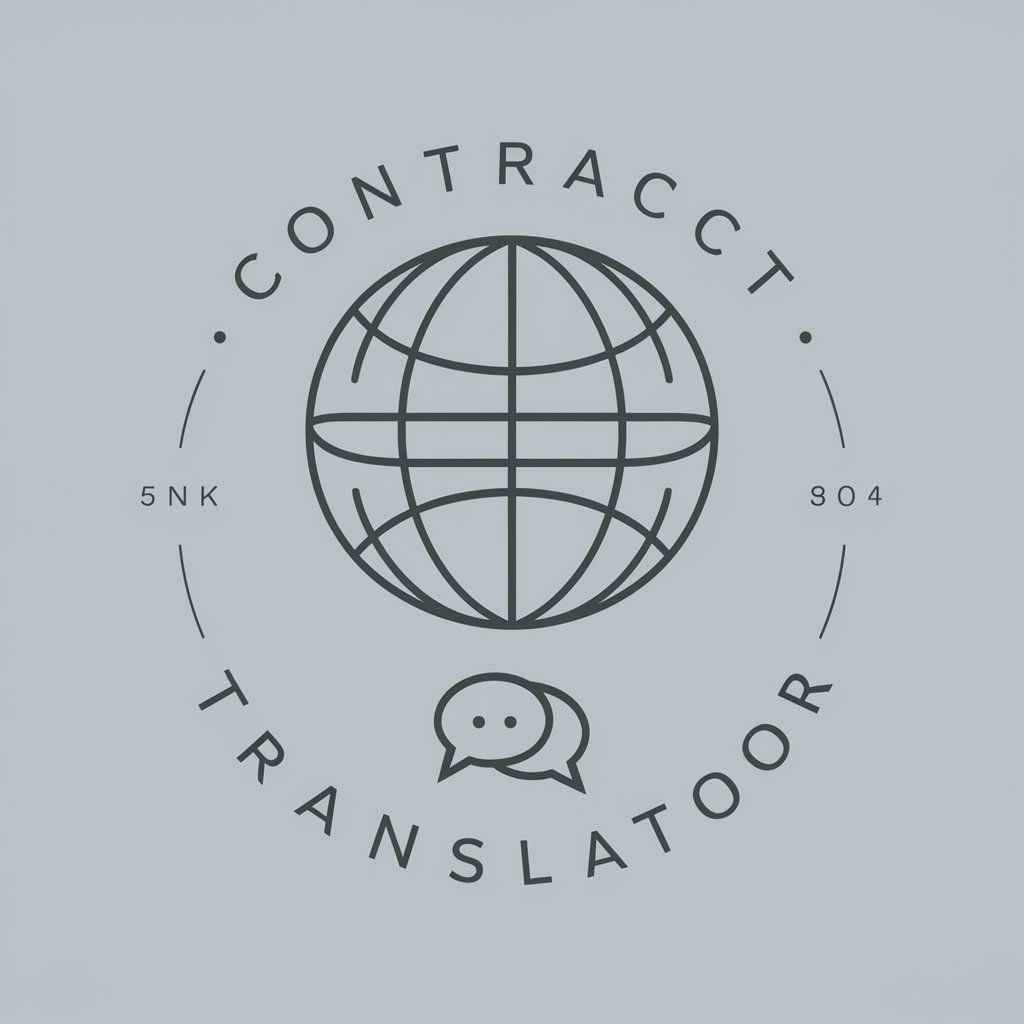
Key Attributes and Functionalities
AI GPTs for Clause Interpretation boast a range of unique features tailored to legal document analysis. These include natural language understanding and generation, which allow the tools to process legal terminology with high accuracy. They adapt from basic clause identification to in-depth analysis and risk assessment. Special features include support for multiple languages, technical support for integration into legal workflows, the ability to search relevant legal databases for precedents, and data analysis capabilities for trend identification. These tools are designed to evolve with the user's needs, from straightforward clause interpretation to complex legal reasoning and prediction.
Intended Users
AI GPTs for Clause Interpretation are ideal for a diverse audience, including legal professionals such as lawyers and paralegals, businesses navigating contracts, and individuals seeking to understand legal documents. They are accessible to novices without coding skills, offering intuitive interfaces and guided functionalities. For developers and technologically adept users, these tools provide advanced customization options, allowing for tailored solutions that can be integrated into existing legal tech stacks or workflows.
Try Our other AI GPTs tools for Free
Contract Summarization
Discover AI GPT tools for Contract Summarization: streamline your contract review with advanced AI, enhancing efficiency and understanding in legal and corporate sectors.
Weather Visualization
Discover how AI GPTs revolutionize weather forecasting with intuitive visuals, real-time updates, and advanced analytics, making weather data accessible to all.
Data Storytelling
Discover how AI GPTs for Data Storytelling transform complex data into engaging narratives, making insights accessible to all user levels.
Exploratory Analysis
Discover how AI GPTs for Exploratory Analysis revolutionize data interpretation, offering intuitive, efficient, and in-depth insights to drive informed decision-making.
Visual Insights
Discover the power of AI GPTs for Visual Insights: cutting-edge tools designed for analyzing, interpreting, and generating visual content, perfect for professionals across various sectors.
Governance Analysis
Discover how AI GPTs for Governance Analysis transform governance data into actionable insights, enhancing decision-making and policy analysis.
Enhanced Perspectives
AI GPTs for Clause Interpretation not only simplify legal document analysis but also enhance decision-making by providing comprehensive insights into contractual obligations and risks. Their user-friendly interfaces facilitate broader accessibility, while the option for integration offers a pathway for enhancing existing legal tech ecosystems. These tools represent a significant step forward in making legal interpretation more efficient, accurate, and accessible across various sectors.
Frequently Asked Questions
What exactly does AI GPT for Clause Interpretation do?
It analyzes and interprets the language of contractual clauses, providing insights into obligations, rights, and potential risks.
Is coding knowledge required to use these AI tools?
No, these tools are designed to be user-friendly for those without coding experience, with interfaces that guide users through the interpretation process.
Can these tools integrate with existing legal tech solutions?
Yes, they offer technical support for integration into existing legal workflows and systems, allowing for seamless adoption.
Do they support multiple languages?
Yes, many of these tools are equipped to process and interpret clauses in multiple languages, making them versatile for international use.
How do these tools stay updated with legal changes?
They are regularly updated with the latest legal precedents and changes in law, ensuring accurate and up-to-date interpretations.
Can AI GPTs for Clause Interpretation predict legal outcomes?
While they cannot predict outcomes with certainty, they can assess risks and suggest likely implications based on similar precedents.
Are these tools suitable for non-legal professionals?
Absolutely, they're designed to demystify legal language, making them valuable for anyone needing to understand contract clauses.
How do they ensure confidentiality and security of data?
These tools adhere to strict data protection and privacy regulations, ensuring that all information processed is secure and confidential.